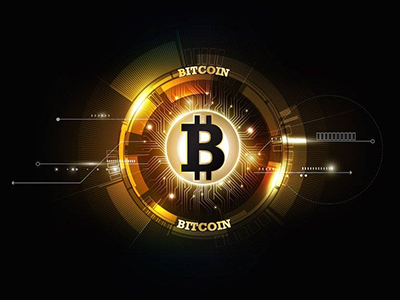Orange Innovation Fund Fall 2025 Grant Applications Open
Syracuse University graduate and undergraduate students can apply for the Fall 2025 round of Orange Innovation Fund grants now through Oct. 10 at midnight. Applications must be submitted as a single PDF to OrangeInnovation@syr.edu and must follow the template which…


